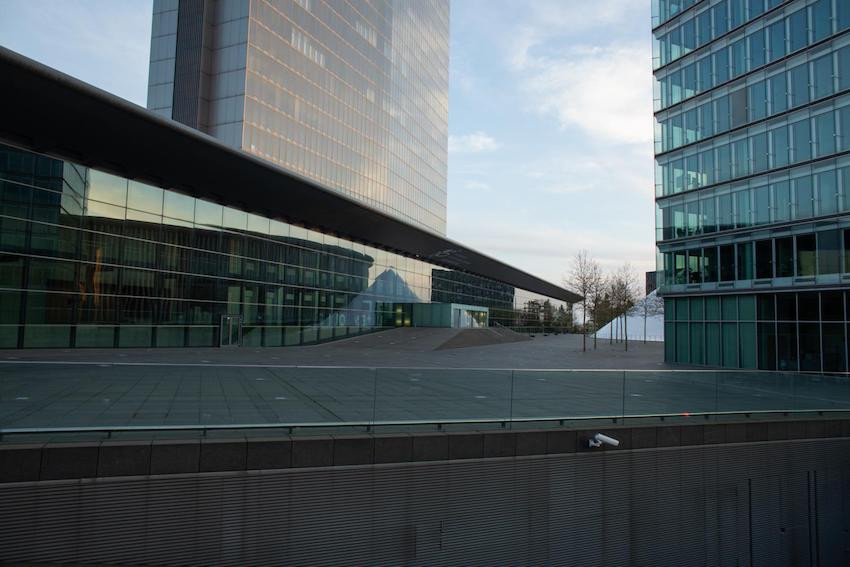The tightest covid-19 lockdown, like the one that was in effect from mid-March to mid-April, dampened Luxembourg’s gross value added by -25.8%, according to Statec.
The statistics bureau said the restrictions impacted sectors differently. For example:
- Agriculture: output declined -10%, but the sector represents 0.2% of Luxembourg’s gross value added, so there is a 0% hit overall to Luxembourg’s economy
- Industry: output declined -47%, with the sector representing 7.6% of GVA, so there is a -3.6% hit overall to Luxembourg’s economy
- Construction: output declined -90%, with the sector representing 5.6% of GVA, so there is a -5% hit overall to Luxembourg’s economy
- Retail: output declined -39%, with the sector representing 8.1% of GVA, so there is a -3.2% hit overall to Luxembourg’s economy
- Hospitality: output declined -90%, with the sector representing 1.5% of GVA, so there is a -1.4% hit overall to Luxembourg’s economy
- IT and communication: output declined -20%, with the sector representing 10.4% of GVA, so there is a -2.1% hit overall to Luxembourg’s economy
- Financial services: output declined -10%, with the sector representing 23.9% of GVA, so there is a -2.4% hit overall to Luxembourg’s economy
- Business services: output declined -21%, with the sector representing 12.5% of GVA, so there is a -2.6% hit overall to Luxembourg’s economy
It is important to reiterate that these estimated figures apply only to the period when the most stringent social distancing rules in place. This was not a quarterly or annual forecast. With phase two of the country’s deconfinement strategy starting on Monday, some of covid-19 drag should be lifted.
The numbers are, however, used to calculate bigger picture forecasts. The Statec report stated:
“Assuming that activity is limited to this regime for one month, this would impact the annual GDP in 2020 downwards by about 2 points (25 points/12 months). The major question from a forecasting perspective is therefore to know to what extent and for how long these effects will be in play.”
Nevertheless, Statec rehashed its forecast, issued last week, that the outbreak would shave somewhere between -6% and -12% off Luxembourg’s economy this year and the country would see a rebound of roughly +7% in 2021.
Financial sector
While the financial services industry has been able to operate somewhat normally with heavy teleworking, Statec warned that the sector “would not be spared” by the virus. Recent EU business confidence indicators have plummeted to levels below the 2008 financial crisis, which signals tough times ahead for financial institutions.
Transport
Petrol sales were 30% lower in March 2020 than the same month last year, Statec observed. Cross-border road traffic was down by around half for commercial vehicles and by three-quarters for passenger cars.
Short-time working scheme
“In March and April 2020, around 30% of the country’s workforce was on partial unemployment,” Statec wrote. The highest figure in the 2009 financial crisis was 3.4%.
In the construction and hospitality sectors, about 80% of employees were enrolled in the short-time working scheme. The construction industry represented about 30% of all employees in the programme in March and April, Statec noted. (The construction sector has been restarting work since 20 April.)
Public finance
Tax receipts began to slow in March and the statistics bureau said it was difficult to model the potential impact on the rest of the year. According to Statec:
“In the coming quarters, tax revenues will suffer from the collapse of the tax base. Economic interpretation will be made more complicated by the extensions granted [by the government] for tax payments.”
